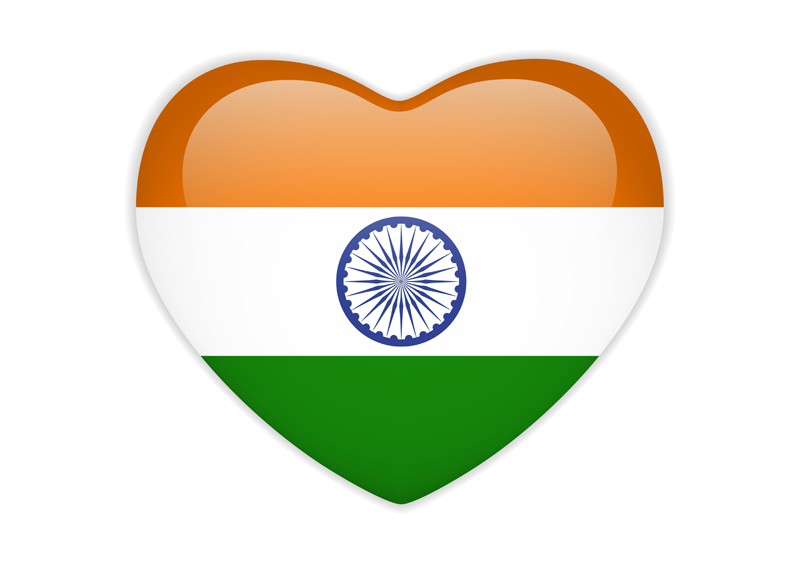Pharma Still in Love with India Despite Aggressive Legislation
Big Pharma will continue to invest in India in spite of governmental decisions taken in past months that have favoured generics over branded drugs.

Ishtiaq Siddiqi, CEO of SM Engineering, states that global pharmaceutical manufacturers will continue to invest in India as a result of favourable pricing and market access policies. He referred to a recent investment by GSK who invested around Rs 5,215 crore ($941 million) into their Indian consumer healthcare subsidiary, GlaxoSmithKline Consumer Healthcare (GSKCH), by way of a voluntary open offer. As a result, GSK, which currently holds about 43.2% in GSKCH, will increase its profits by picking up a further 31.8% of the total outstanding shares of the publicly listed Indian company at a price of Rs 3,900 per share.
However, this prediction by Siddiqi does not fit in with the Indian government’s recent legislative decisions that continued to favour generics over branded drugs in order to secure affordable healthcare for their patients. On November 2, 2012, India’s Property Appellate Board (IPAB) revoked Pegasys, a branded hepatitis C drug from Roche. Following this, a patent for a Merck & Co asthma drug was revoked in December 2012 while at the beginning of this year; India had begun the process of issuing another three compulsory licenses at the expense of branded pharmaceuticals by Roche and Bristol Myers-Squibb. As a result of these decisions, one could predict that multinational pharma investment in India would decrease as the support for branded drugs lessened.
But, a GBI report in January this year also confirms Siddiqi’s view as it states that theIndianpharmaceutical market is expected to grow at a compound annual growth rate (CAGR) of 12% during the 2011–2015 period. The report demonstrates that this market grew from $0.8 billion in 1980 to $21.73 billion in 2010and now is expected to grow even further. This is because multinational companies (MNC’s) will continue entering the Indian pharmaceutical market as a result of its rising income of the middle-class population, changing patent laws, cheap skilled labour and low-priced infrastructure. Branded generics will also become more popular in India as various global pharmaceutical players will launch them after their patents expire.
Siddiqi states that multinational companies will continue investing in India due as a result of the Indian authorities are not rigid in their pricing policy and will permit higher drug rates for branded medicines. Commonly used drugs such as Calpol can be produced on a mass scale as India has allowed a higher selling price of Rs. 370 for it rather than the traditional price of Rs. 140. More importantly, these higher prices are still affordable to patients and so fall with India’s goal for affordable healthcare. So, pharmaceutical companies can still make a profit from branded drugs while offering affordable healthcare service to Indian patients even with the Indian government’s continued support for generics.
Continued multinational investment support for the Indian drugs market demonstrates that the Big Pharma should still continue expanding their resources in this growing emerging market. While India has shown a strong supportive stance towards the generics market, pharmaceutical companies can still continue to provide medicines for its patients as a result of a better economy, an enhanced pricing policy and cheap infrastructure costs. Looking ahead, Pharma can build on these strengths by developing a targeted R&D pipeline that works with the continually expanding generics sector and understand that brand is not always the best.
